VIRTUAL EVENTS, 2020-21
CHAS 2021 Annual Representatives Meeting
June 10, 2021: Black & Asian Solidarity
Facilitator biographies appear below.
Zahida Sherman is a compassionate and strategic educator, consultant, and writer. She currently works as the inaugural director of diversity, equity, and inclusion for the Southern California Institute of Architecture, having previously served in DEI roles at two CHAS member institutions, Kenyon College and Oberlin College.
A Seattle native with Afrocentric and social justice centered roots, she draws on her lived experience as one of the few Black people in predominantly white spaces to empower others to create safe and inclusive cultures. Zahida holds a master’s in African history from Northwestern University, and a bachelor’s from Ithaca College, with majors in Africana Studies [self-designed] and anthropology.
You can find her musings on adulthood, culture, race, and gender in Bustle, The Globe and Mail, and The On Being Project podcast, among others.
Truth Hunter is a full-time doctoral student in Educational Leadership at the University of Connecticut (UConn). Her research focuses on racialized notions of intelligence, postcolonial autoethnography, equitable classroom practices for faculty, intergroup dialogue, and embodied pedagogy.
Born and raised in Oakland, Truth traveled east to attend Mount Holyoke College, where she studied Critical Social Thought, with a concentration in postcolonial studies. Later, she earned a master’s in higher education at UConn, researching how first-generation students develop resilience.
A passionate advocate for students from low-income and underrepresented populations, she most recently served as Director of Race and Ethnicity Programs at Connecticut College. Over the last decade, Truth has facilitated numerous social justice workshops for students, staff, and faculty at colleges and universities across the Northeast.
Jennifer (Jen) Cheng is the Program Specialist in the Puerto Rican/Latin American Cultural Center at the University of Connecticut (UConn).
Having grown up in a predominately white neighborhood and schooling system on Long Island, Jen didn’t fully understand her Asian American identity until attending college in Boston. Due to her own experiences, she decided to pursue a career creating spaces for those who are exploring their identities, too. At UConn, Jen supervises student administrative assistants, co-teaches a Latino and Latin American Studies course, and plans programming with the students for the community.
A graduate of UConn’s Higher Education & Student Affairs master’s program, she has worked in the student affairs field for almost 10 years. In her personal time, Jen enjoys trying new food, taking walks, and spending time with her partner, Richie, and their Shepherd rescue dog, Eevee.
Spring 2021 CHAS Occasional Speaker Series
May 25, 2021: Charles H.F. Davis III
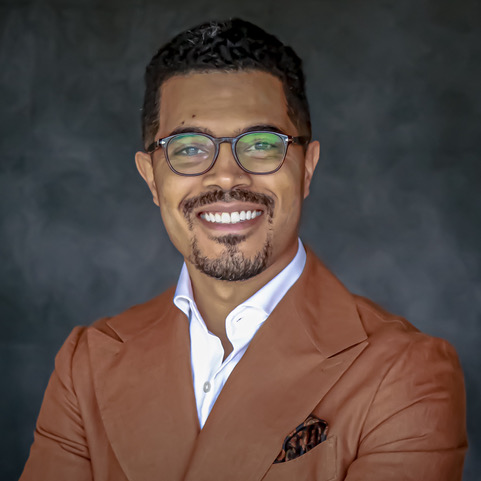
Charles H.F. Davis III is a third-generation educator committed to the lives, love, and liberation of everyday Black people. He is founder and director of the Scholars for Black Lives collective, an international group of grassroots and university thinkers who are politically committed to the labor of engaged scholarship, public teaching, and advocacy against injustice to the end of improving the material conditions for everyday Black people. He currently resides in Ann Arbor, Michigan, and considers Black Lives Matter Los Angeles and Dream Defenders to be his political homes.
An assistant professor in the Center for the Study of Higher and Postsecondary Education at the University of Michigan, Dr. Davis broadly examines issues of race, racism, and organized resistance in college and its social contexts. He is especially interested in the role new and digital media play in the ability of contemporary social movements to achieve their political goals. He is a recipient of the 2021 National Academy of Education/Spencer Postdoctoral Fellowship, which supports his current ethnographic exploration of the digitally-mediated organizing practices of Black-led student-community movements working to advance community-centered understandings of public safety and security and a police-free future.
Professor Davis has produced more than three dozen publications, including research articles, books, and scholarly essays, as well as several short and feature-length films. His work has been featured in, but not limited to, the Los Angeles Times, Bloomberg News, The Chronicle of Higher Education, and cited in amicus briefs to the Supreme Court of the United States. In 2020, Dr. Davis was recognized as an Emerging Scholar by Diverse Issues in Higher Education.
March 31, 2021: Davin Phoenix
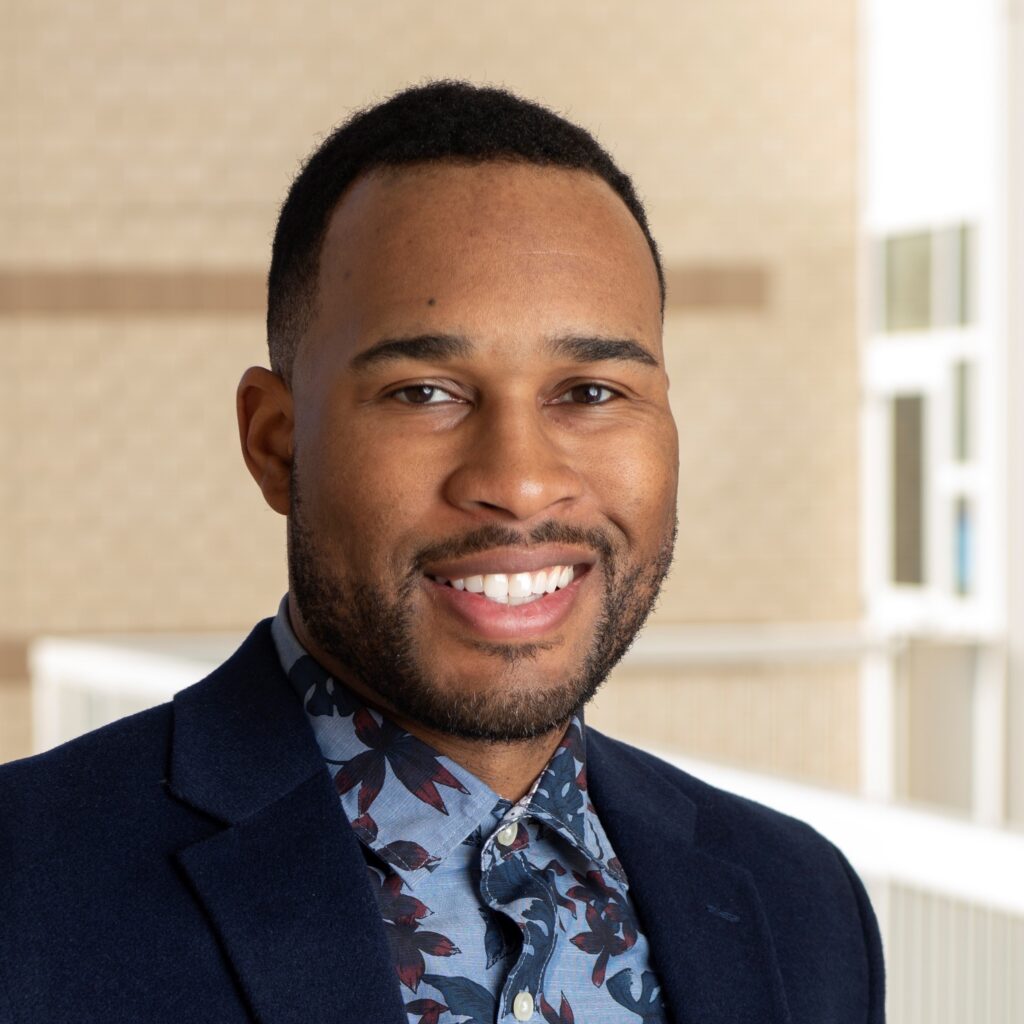
Davin Phoenix is associate professor of political science at the University of California, Irvine. He earned a joint PhD in public policy and political science from the University of Michigan. A first generation college graduate, Davin researches how race interacts with various spheres of U.S. politics to shape people’s attitudes, emotions and political behavior.
Professor Phoenix explores how race influences the emergence of anger, pride and hope in response to politics, how protests and media narratives on policing have influenced state legislative activity post-Ferguson, and how religious views shape the policy preferences and political behavior of people of color. His work has been published in The Journal of Social and Political Psychology, Politics and Religion and Politics, Groups and Identities. Additionally, Davin has drawn on his research to offer commentary on how race shapes electoral and protest politics in The New York Times, The Washington Post, and npr.
His book, The Anger Gap: How Race Shapes Emotions in Politics, was published in December 2019. Professor Phoenix finds that among Black, Latina/o and Asian Americans, anger over political figures, parties and regimes emerges less frequently, and translates less effectively to electoral and civic political actions, than it does among White Americans. Integrating psychology, political behavior and race and ethnic politics, the book demonstrates how the anger gap widens racial electoral participation disparities and shapes the tenor of partisan politics, interracial coalitions and organizing in the current era.
The Anger Gap is winner of the American Political Science Association’s 2020 Ralph J. Bunche Award for best scholarly work exploring ethnic and cultural pluralism, and co-winner of the 2020 APSA award for best book on race and ethnic politics. Additionally, Davin is a recipient of the 2017-18 Dean’s Honoree for Teaching Excellence Award, and a 2019 UROP Chancellor’s Award for Excellence in Fostering Undergraduate Research.
February 10, 2021: Tehama Lopez Bunyasi
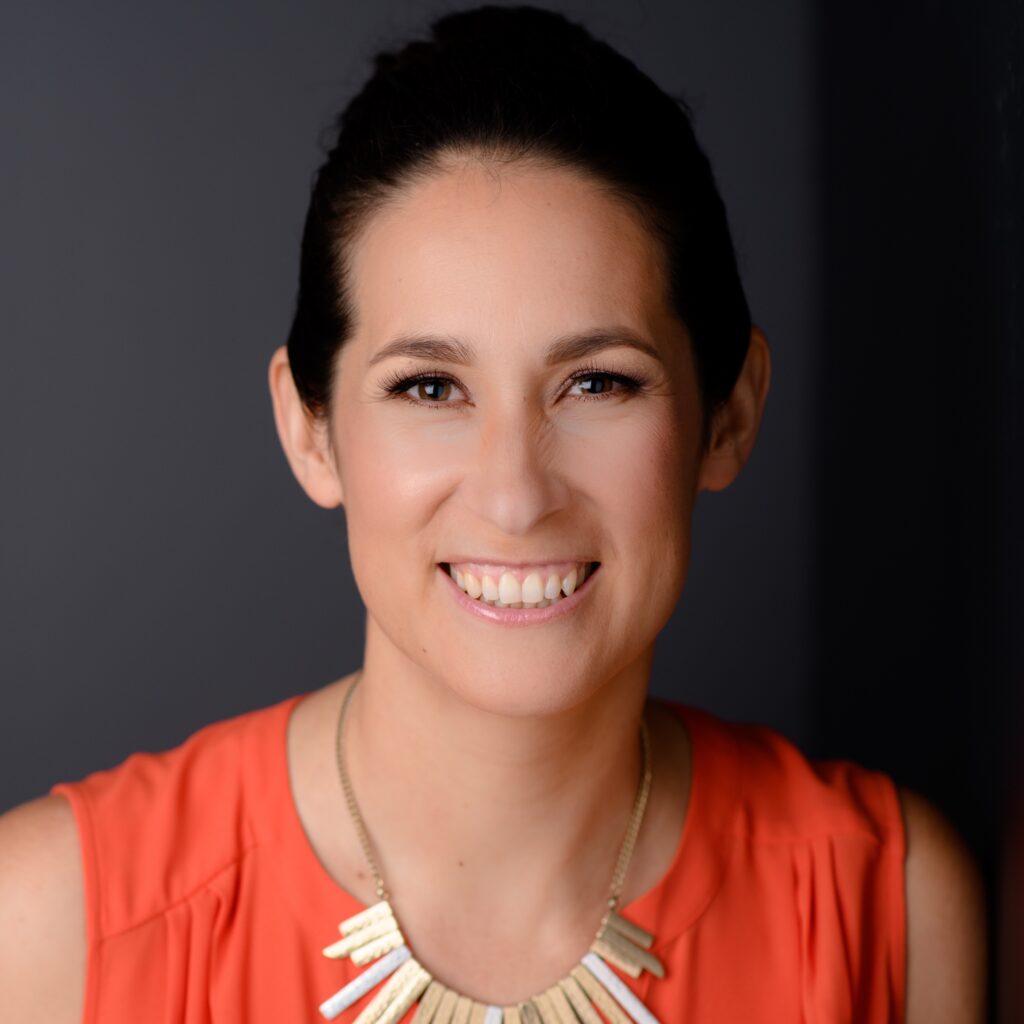
Tehama Lopez Bunyasi is Assistant Professor at the Jimmy and Rosalynn Carter School for Peace and Conflict Resolution at George Mason University. A political scientist by training, her scholarship is broadly concerned with matters of race, racism and antiracism in the United States, with specializations in structural inequality, racial attitudes and ideologies, racial marginalization, and the politics of whiteness. A committed public scholar, Dr. Lopez Bunyasi engages broader audiences on matters of American politics, racial disparities and racial violence by contributing commentary to a variety of national and international media outlets, including The New York Times, PBS, C-SPAN, NBC News, Voice of America, and the Scene on Radio podcast distributed by PRX.
In Stay Woke: A People’s Guide to Making All Black Lives Matter (NYU Press, 2019), she and co-author Candis Watts Smith illuminate lessons from the current Movement for Black Lives to equip people to become effective racial justice advocates and antiracists. Blending together a wealth of scholarly work with critical reflections from popular culture, Stay Woke sheds light on the precarious nature of Black lives in the United States by unmasking structural racism and explaining how even well-meaning people can reproduce racial inequality. Created as a toolkit and written in accessible language, Stay Woke empowers its readers to become more knowledgeable participants in public dialogue, activism, and American politics.
Lopez Bunyasi’s current book project, Breaking the Racial Contract: Conscious Egalitarianism and the Politics of Whiteness (under contract with NYU Press), utilizes nationwide survey data and in-depth interviews with antiracist activists to explore the relationship between whites’ perceptions of racial privilege and support for racially egalitarian policies and practices. In redirecting the study of racial attitudes to address the under-articulated side of racial inequality—racial advantage—this book maps out a constellation of critical resistance to the hierarchical racial order and brings attention to the not-fully-realized potential of privilege-cognizant politics.
Fall 2020 CHAS Occasional Speaker Series
November 18, 2020: Jasmine Syedullah
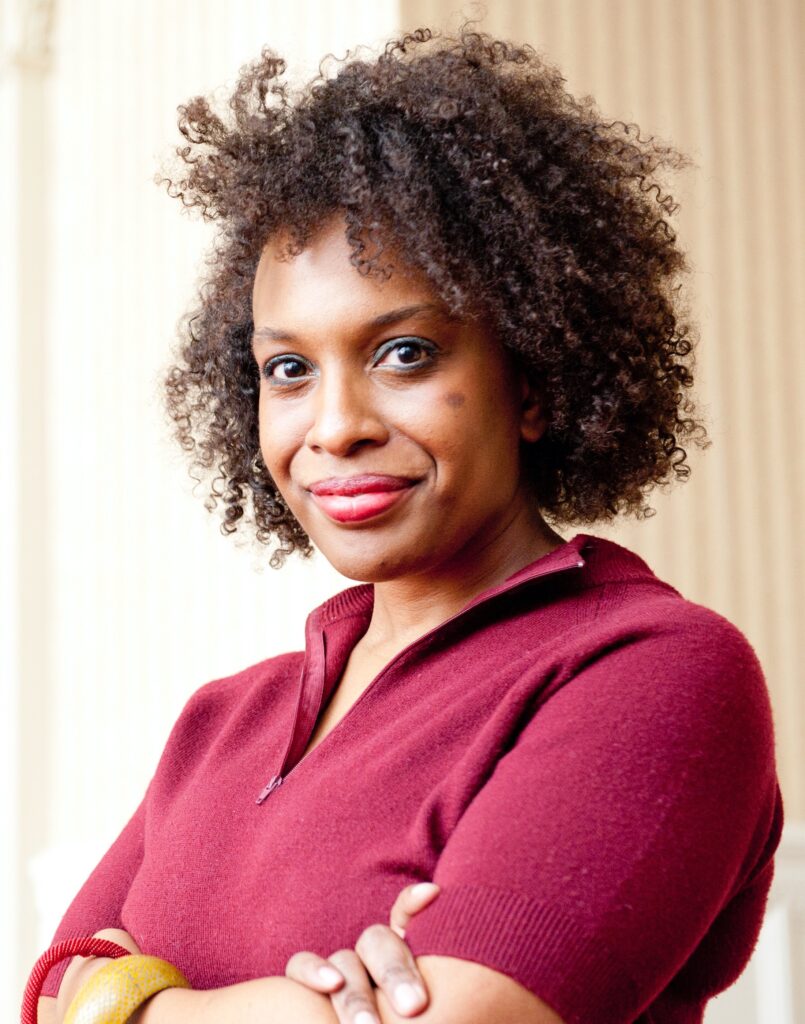
Jasmine Syedullah is a black feminist political theorist of abolition and Assistant Professor of Africana Studies at Vassar College. She is co-author of Radical Dharma: Talking Race, Love, and Liberation (North Atlantic Books, 2016) and a core member of the Radical Dharma Movement Project, bringing embodied practices of liberation to spaces of social justice, community organizing, and institutional change.
Professor Syedullah’s work recognizes our need for a new kind of conversation about care, accountability, and belonging that can move us beyond binary relationships to power and towards collective practices of transformation. As an introduction to Radical Dharma, a black prophetic response to the political and spiritual yearning that demands black lives matter, she offered a five-point framework for keeping our eyes on the prize — especially in the wake of the 2020 elections.
October 27, 2020: Jason England
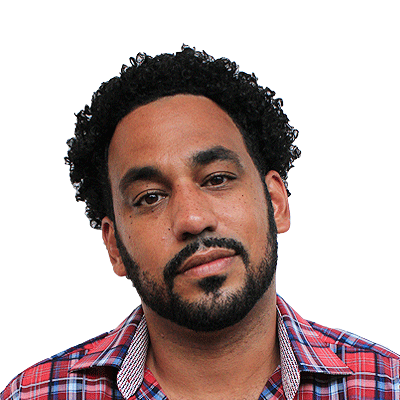
Jason England, of Carnegie Mellon University, has achieved public notoriety for two recent contributions to The Chronicle of Higher Education, “Why Was It So Easy for Jessica Krug to Fool Everyone?” and “Higher Ed’s Toothless Response to the Killing of George Floyd.” He joined faculty, staff and administrators from CHAS member institutions for a a far-reaching, thought-provoking conversation on anti-Blackness in the academy.